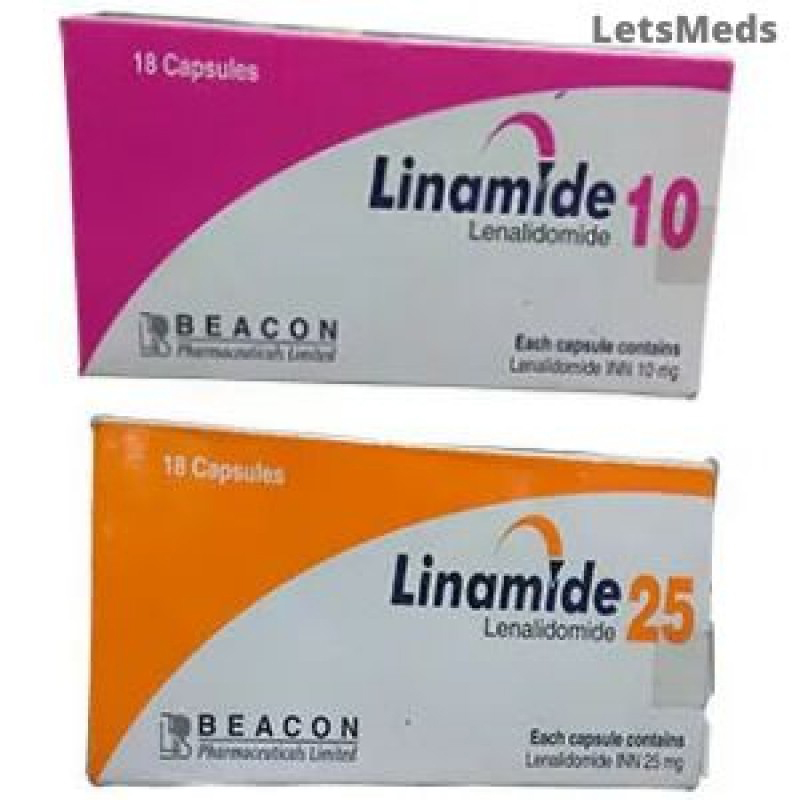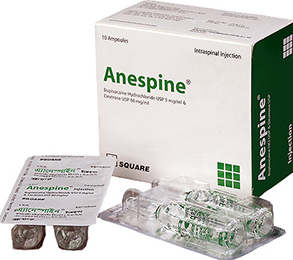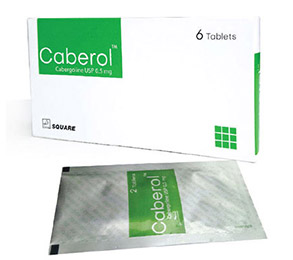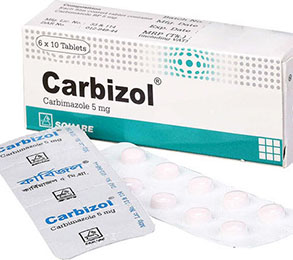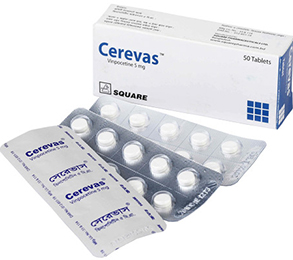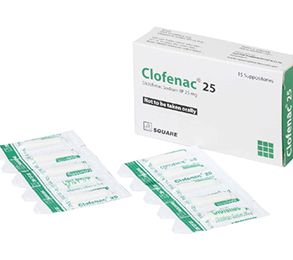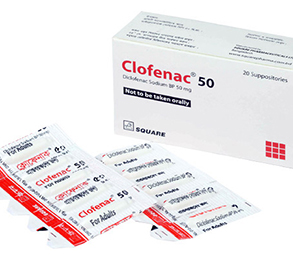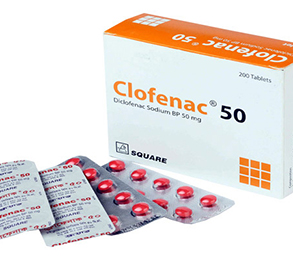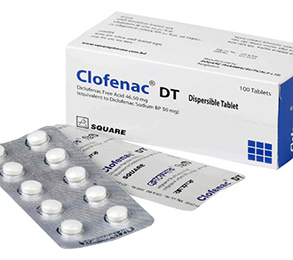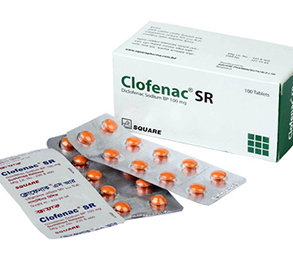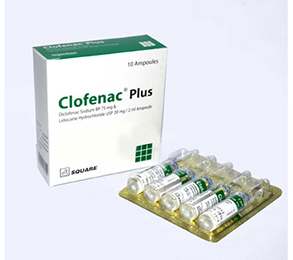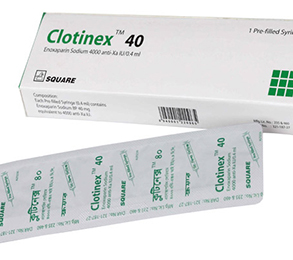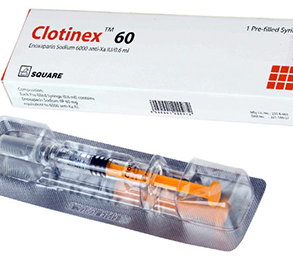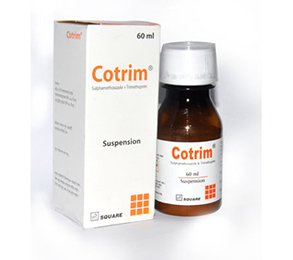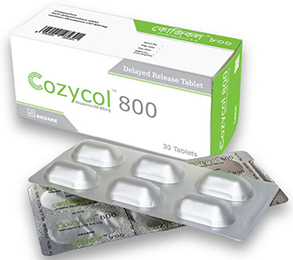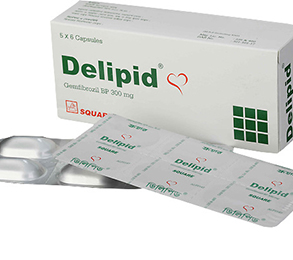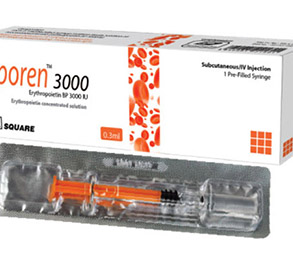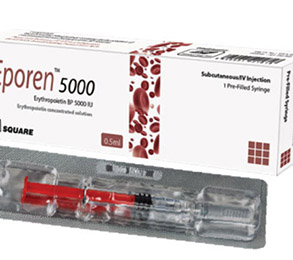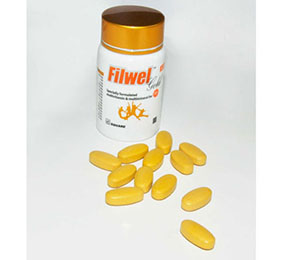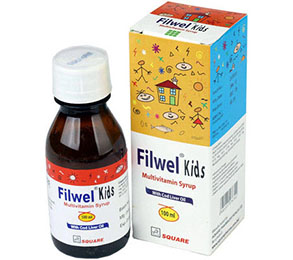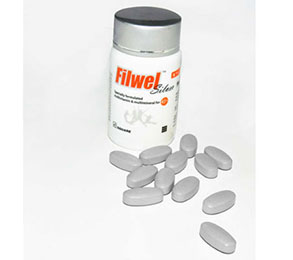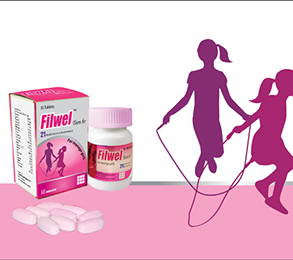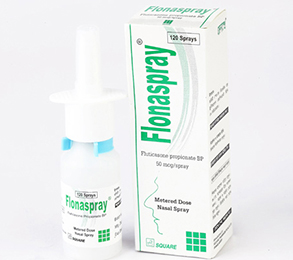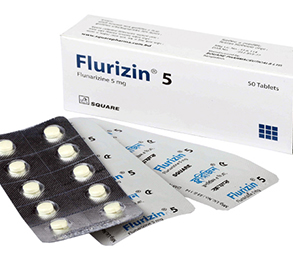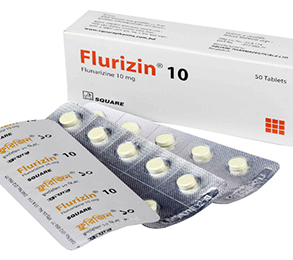Linamide Capsule 10 mg 1 Pc
Alternative products
Lenalidomide
Indications
Lenalidomide is a thalidomide analogue indicated for the treatment of patients with:
- Multiple myeloma (MM), in combination with dexamethasone
- MM, as maintenance following autologous hematopoietic stem cell transplantation (auto-HSCT)
- Transfusion-dependent anemia due to low- or intermediate-1-risk myelodysplastic syndromes (MDS) associated with a deletion 5q abnormality with or without additional cytogenetic abnormalities
- Mantle cell lymphoma (MCL) whose disease has relapsed or progressed after two prior therapies, one of which included bortezomib
Limitations of Use: Lenalidomide is not indicated and is not recommended for the treatment of patients with chronic lymphocytic leukemia (CLL) outside of controlled clinical trials
Pharmacology
Lenalidomide, a thalidomide analogue, is an immunomodulatory agent w/ antiangiogenic and antineoplastic property. It inhibits proinflammatory cytokines secretion, increases interleukin-2 and interferon-γ secretion, and increases cytolytic T-cell and natural killer cell response. It also inhibits the growth of myeloma cells by inducing cell cycle arrest and cell death.
Dosage
Multiple myeloma combination therapy: 25 mg once daily orally on Days 1-21 of repeated 28-day cycles. Refer to section 14.1 for dexamethasone dosing
Multiple myeloma maintenance therapy following autologous hematopoietic stem cell transplantation: 10 mg once daily continuously on Days 1-28 of repeated 28-day cycles
Myelodysplastic syndromes: 10 mg once daily
Mantle cell lymphoma: 25 mg once daily orally on Days 1-21 of repeated 28-day cycles
Renal impairment: Adjust starting dose based on the creatinine clearance value
* চিকিৎসকের পরামর্শ মোতাবেক ঔষধ সেবন করুন'
Administration
May be taken with or without food. Swallow whole, do not break/chew/open.
* চিকিৎসকের পরামর্শ মোতাবেক ঔষধ সেবন করুন'
Interaction
May increase risk of thrombosis with erythropoietic agents. May increase plasma concentration of digoxin, ketoconazole, itraconazole, ciclosporin, verapamil, quinidine, clarithromycin.
Contraindications
Pregnancy: Lenalidomide can cause fetal harm when administered to a pregnant female. Limb abnormalities were seen in the offspring of monkeys that were dosed with lenalidomide during organogenesis. This effect was seen at all doses tested. Due to the results of this developmental monkey study, and lenalidomide’s structural similarities to thalidomide, a known human teratogen, lenalidomide is contraindicated in females who are pregnant. If this drug is used during pregnancy or if the patient becomes pregnant while taking this drug, the patient should be apprised of the potential risk to a fetus
Severe Hypersensitivity Reactions: Lenalidomide is contraindicated in patients who have demonstrated severe hypersensitivity
Side Effects
Deep vein thrombosis, MI, pulmonary embolism; pruritus, skin hyperpigmentation, hyperhidrosis, dry skin, peripheral oedema, GI disturbances, resp distress, interstitial pneumonitis, cough, fatigue, vertigo, pyrexia, dyspnoea, pancreatitis, CVA, alopecia, electrolyte disturbances, infections (e.g. herpes and pneumonia). Eye disorders (e.g. cataracts, blurred vision, irritation and loss of vision). Musculoskeletal effects (e.g. arthralgia, myalgia, muscle cramps, myopathy and musculoskeletal pain).
Pregnancy & Lactation
Category X: Studies in animals or human beings have demonstrated foetal abnormalities or there is evidence of foetal risk based on human experience or both, and the risk of the use of the drug in pregnant women clearly outweighs any possible benefit. The drug is contraindicated in women who are or may become pregnant.
Precautions & Warnings
Pregnancy test is required prior initiation of therapy and should commence contraceptive measures following negative result. Pregnancy test must be repeated at a regular interval during therapy. History of thrombosis; smokers; patients with HTN, hyperlipidaemia, high tumour burden. Renal impairment. Elderly.
Use in Special Populations
Renal Impairment-
Myelodysplastic disease:
- Moderate: 5 mg once daily.
- Severe (not requiring dialysis): 5 mg every other day.
- End-stage renal disease: 5 mg 3 times/wk after dialysis.
Multiple myeloma:
- Moderate: 10 mg once daily may be increased to 15 mg once daily after 2 cycles if needed.
- Severe (not requiring dialysis): 15 mg every other day, may be increased to 10 mg once daily if needed.
- End-stage renal disease: 5 mg once daily after dialysis.
Therapeutic Class
Immunosuppressant
Storage Conditions
Store at 20 to 25° C; excursions permitted to 15 to 30° C
- Type Capsule
- Tag
- Morbi leo risus
- Porta ac consectetur ac
- Vestibulum at eros
